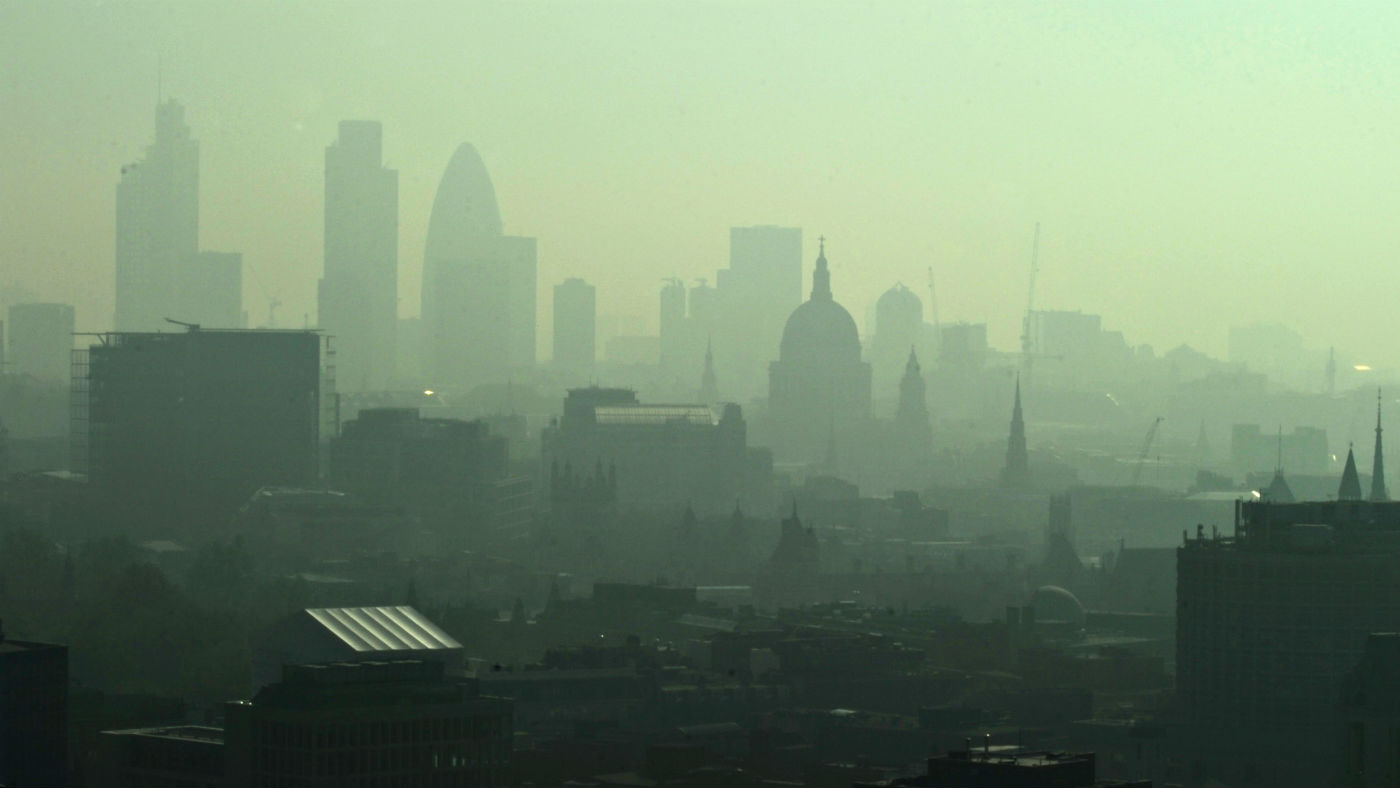How childhood obesity is linked to traffic pollution
New research suggests that babies and children exposed to toxic air gain weight faster

A free daily email with the biggest news stories of the day – and the best features from TheWeek.com
You are now subscribed
Your newsletter sign-up was successful
Early exposure to air pollution increases the risk of childhood obesity in later life, a new study has found.
Children exposed to high levels of nitrogen dioxide as babies gained weight much faster, according to the University of Southern California’s report, which studied 2,318 children.
The research is timely. Nitrogen dioxide pollution is at “illegal levels in most urban areas in the UK and the government has lost three times in the high court over the inadequacy of its plans [to tackle the problem]”, says The Guardian.
The Week
Escape your echo chamber. Get the facts behind the news, plus analysis from multiple perspectives.

Sign up for The Week's Free Newsletters
From our morning news briefing to a weekly Good News Newsletter, get the best of The Week delivered directly to your inbox.
From our morning news briefing to a weekly Good News Newsletter, get the best of The Week delivered directly to your inbox.
The study, which was published in the journal Environmental Health, builds on earlier work that identified traffic pollution as a major risk factor for the development of obesity in children.
It looks at the impact of pollution from “roads where diesel vehicles are common and found that, by the age of ten, children who were exposed to high levels of nitrogen dioxide were on average 1kg heavier”, reports The Times.
“Early life may represent a critical window of exposure where increased [air pollution] may result in increased risk for higher childhood [weight] trajectories, which in turn may lead to childhood obesity,” the study says.
Jennifer Kim, who led the research, said the research was unable to examine exactly how pollution could lead to weight gain, but said: “The most common thought is inflammation of body systems like the lungs which may spill over into the entire body [and] the brain, which regulates appetite and changes in fat metabolism.”
A free daily email with the biggest news stories of the day – and the best features from TheWeek.com
Jonathan Grigg, a professor at Queen Mary University of London, told The Guardian: “This study showing an association between increased body mass in children and exposure to air pollution from roads is important since it is compatible with previous studies showing an association between type 2 diabetes and air pollution in adults.
“However, more research is needed to explain how toxins inhaled into the lungs affect fat cells throughout the body. In mice experiments, brain inflammation caused by air pollution has been shown to result in anxiety-induced overeating.”